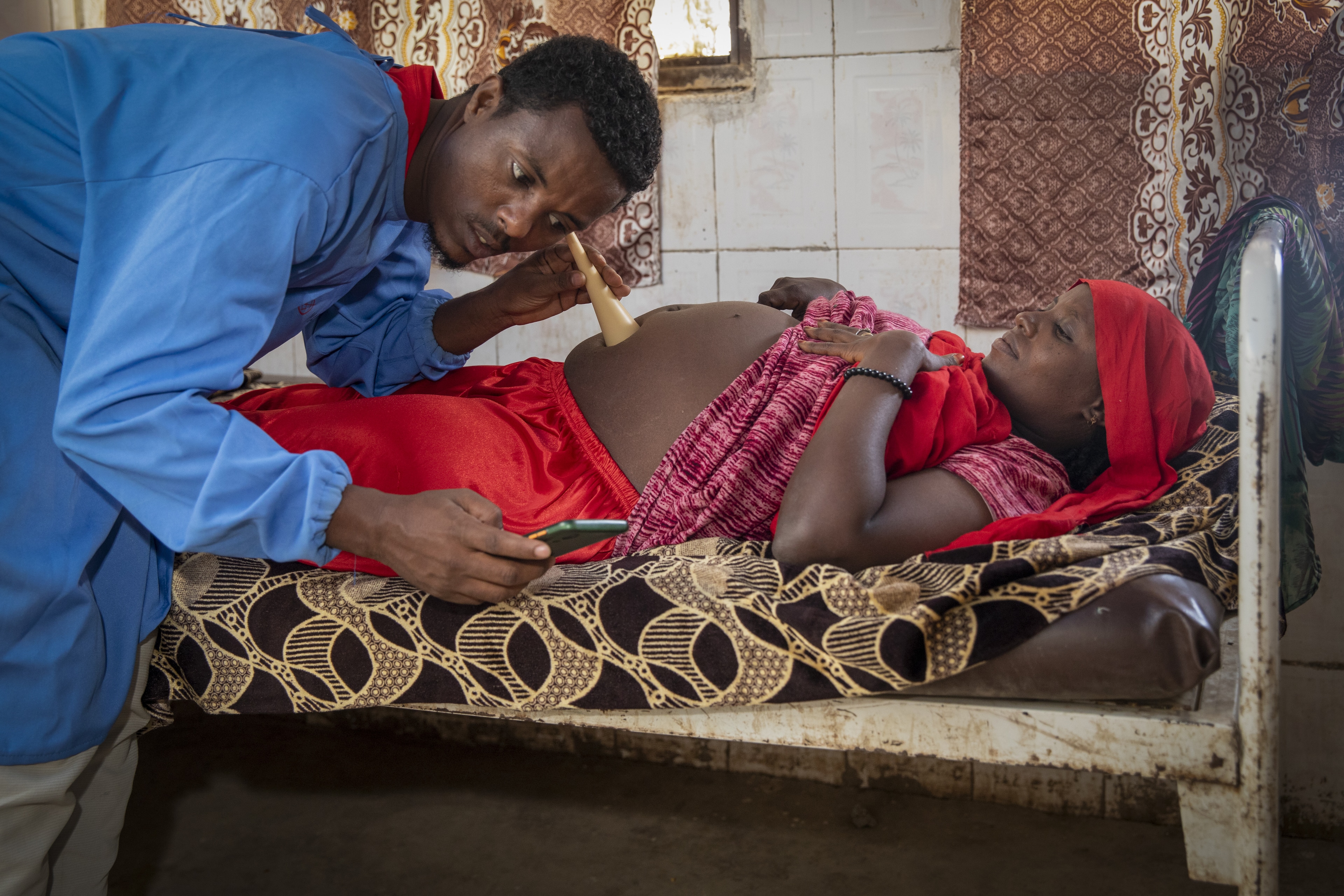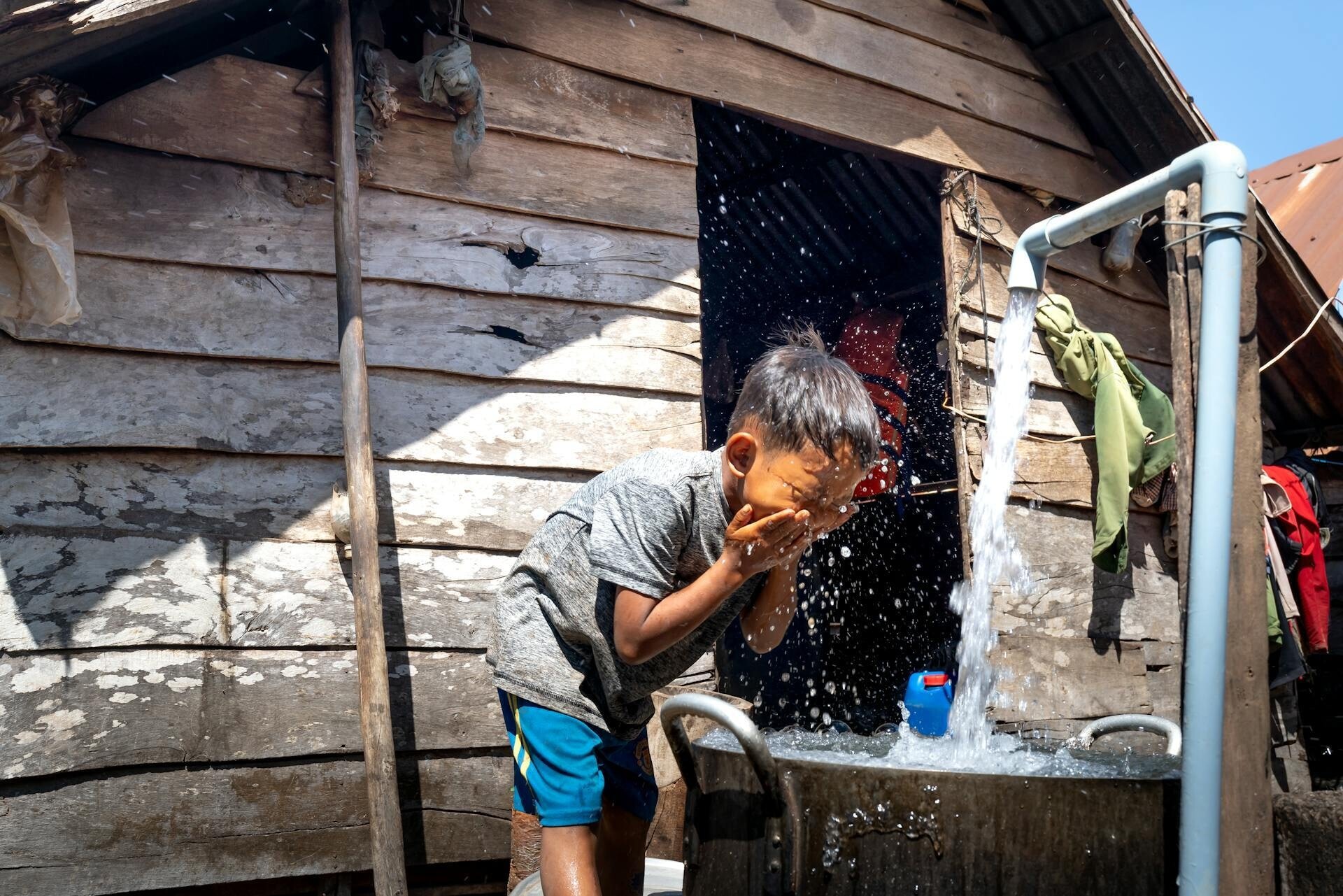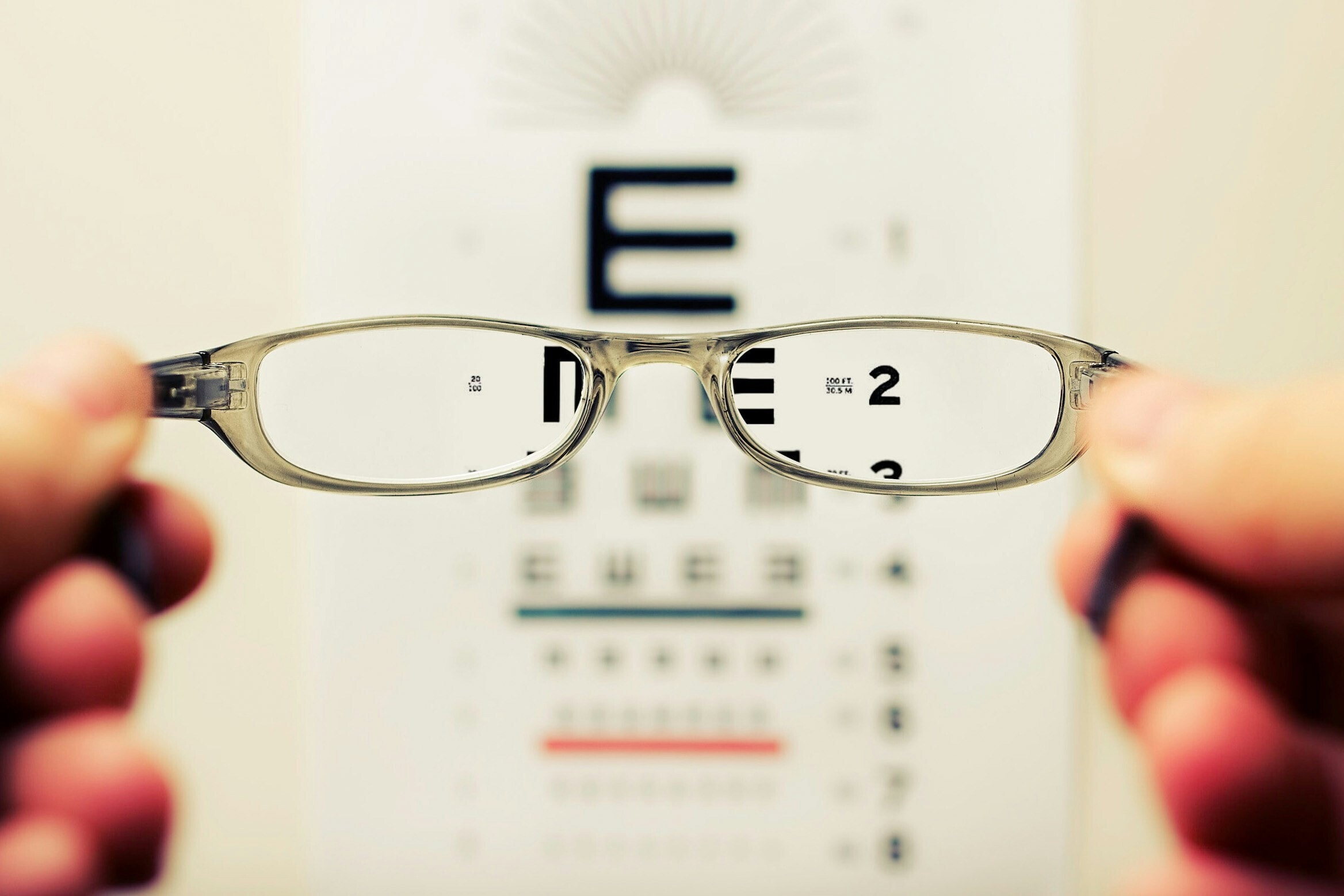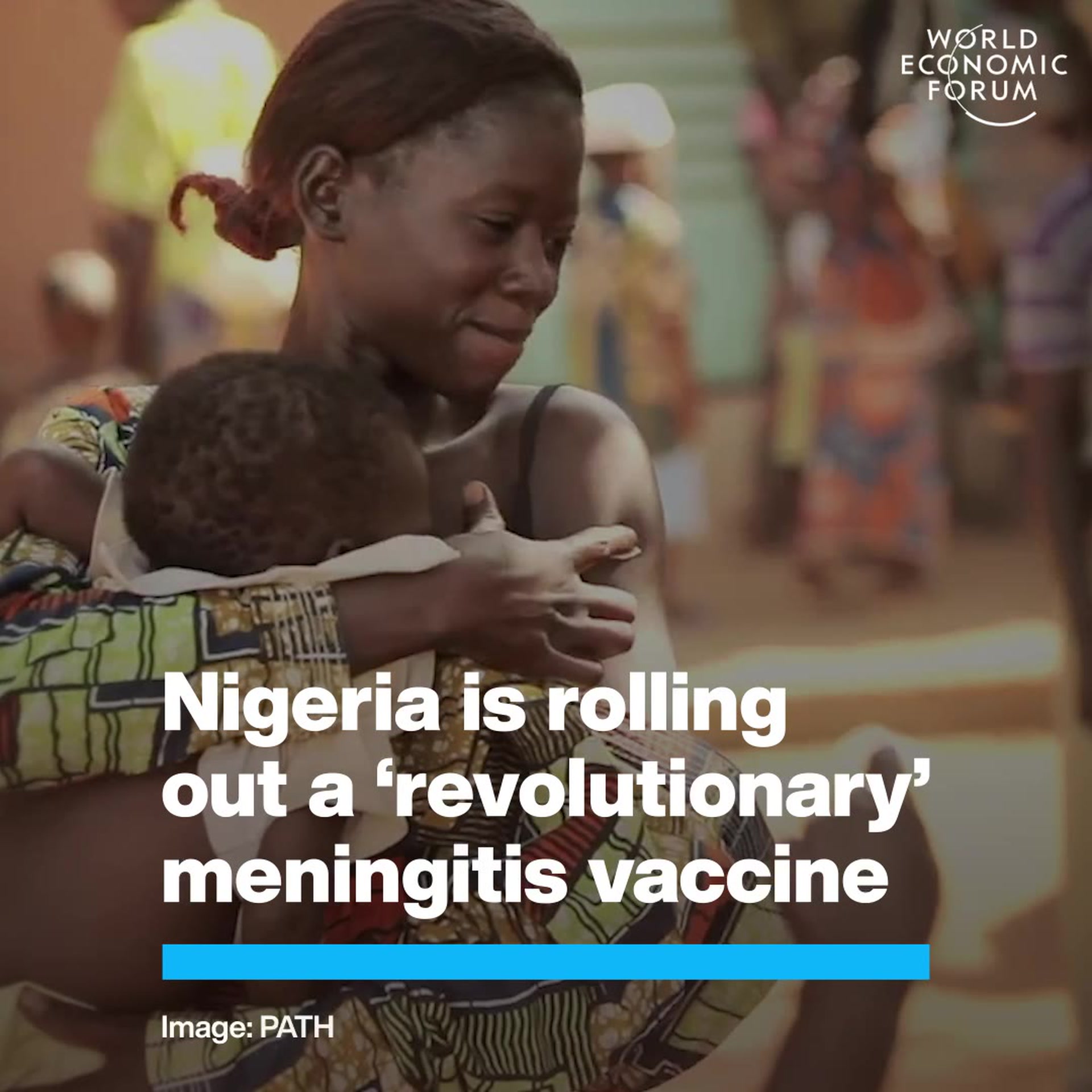More than 250,000 COVID-19 cases reported outside China - Today's coronavirus news and analysis

Workers wearing protective suits spray disinfectant solution at a medical facility during the national quarantine in response to the spread of coronavirus disease (COVID-19) in Caracas, Venezuela March 22, 2020. Image: REUTERS/Manaure Quintero

Explore and monitor how COVID-19 is affecting economies, industries and global issues

Get involved with our crowdsourced digital platform to deliver impact at scale
Stay up to date:
COVID-19
As coronavirus continues to spread across the globe, here are some of the latest headlines and resources to help you arm yourself with the best information.
COVID-19’s impact around the globe
- Globally, confirmed cases reach 336,000, with more than 250,000 cases outside China. (The total number of those who have recovered is 98,334.)
- Olympics officials announce the 2020 games could be postponed. A final decision will be reached within four weeks.
- New York City says major medical supply shortages could be just 10 days away.
- Australia will close pubs, theaters and other non-essential businesses Monday as cases increase
Doctors fighting COVID-19 in Italy: Decentralize care to reduce transmission
Doctors fighting coronavirus in Italy, a country overwhelmed by the disease, stress that COVID-19 care should be decentralized, taken away from main hospitals and into homes or mobile clinics. In an article published Saturday, a group of doctors wrote that some hospitals in Italy have become sources of infection, and ambulances and personnel can unknowingly help carry the disease to other parts of the community.
Many modern medical systems, like those in the U.S., are centralized, hospital-focused, and patient-centered and, as one of the authors told Stat, "the virus exploits this." Read more here.
What is the World Economic Forum doing about the coronavirus outbreak?
McDonald's to close its UK restaurants
All 1,270 of McDonalds' UK restaurants in the UK will shut by Monday's close, the company announced, reports the BBC. The restaurants employ approximately 135,000 people in the UK. Direct staff will receive full pay for any scheduled hours through 5 April. After that, a new UK government aid package could apply, paying staff 80% of their wages. Read more here.
An emergency responder to Ebola shares tips for health workers fighting COVID-19
In an essay for Stat, an emergency physician who fought the Ebola crisis shared perspectives on fighting a major health epidemic, explaining how health workers fighting infectious disease can be treated as pariahs among family and friends and that rationing care is rarely rational (with guidelines difficult to apply to patients' unique conditions). Writes the author, "It will always be harder to take someone off a ventilator than put someone on one, regardless of who needs it most." Read more here.
What does it mean to recover from coronavirus?
While more than 330,000 cases have been reported in more than 192 countries and territories, many survive. The CDC defines recovery from COVID-19 as an absence of fever, with no use of fever-reducing medication, for three full days; improvement in other symptoms, such as coughing and shortness of breath; and a period of seven full days since symptoms first appeared.
In hard hit areas, with the right controls, recoveries can outpace new cases. Some patients will not escape unscathed, however. The Hong Kong Hospital Authority observed that two out of three of its recovering patients had between 20% and 30% of lung function - something that could be treated with physiotherapy. Read more here.
Don't miss any update on this topic
Create a free account and access your personalized content collection with our latest publications and analyses.
License and Republishing
World Economic Forum articles may be republished in accordance with the Creative Commons Attribution-NonCommercial-NoDerivatives 4.0 International Public License, and in accordance with our Terms of Use.
The views expressed in this article are those of the author alone and not the World Economic Forum.
The Agenda Weekly
A weekly update of the most important issues driving the global agenda
You can unsubscribe at any time using the link in our emails. For more details, review our privacy policy.
More on Health and Healthcare SystemsSee all
Charlotte Edmond
May 14, 2024
Shyam Bishen
May 13, 2024
Anna Cecilia Frellsen
May 9, 2024
Angeli Mehta
May 8, 2024
Emma Charlton
May 8, 2024






